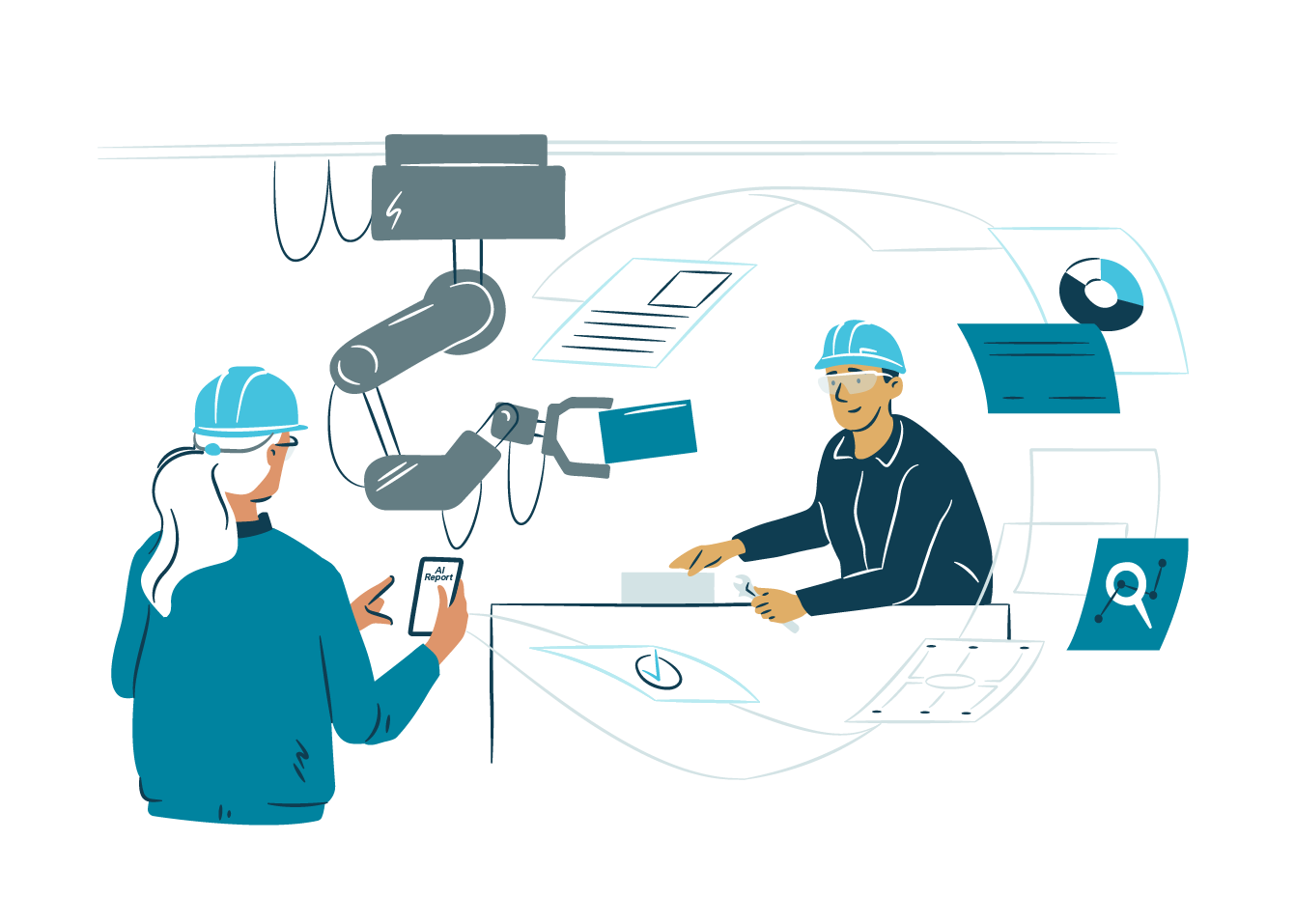Changes are taking place at a quicker pace than ever in the history of humankind, and expanding to more and more areas of life. The winners in this race of changes are those who were among the first to see the opportunities in the changes and make use of them. At the same time, those who stick to the traditional ways of doing things are under ever more pressure.
The power and fuel for change is information. The amount of information is increasing exponentially, as is our ability to process information. This has led to a digital revolution where the ever increasing information is refined and processed, or developed further. At the same time, information serves as capital for our information society. It equals power in many ways, and the opportunities to utilise it also spur innovations.
Everything is based on infra
The demand for efficiency and speed is high on individuals, organisations, processes and operating methods, but also on the information society infrastructure which lies behind it all. Every year, the world consumes more and more calculating power and disc capacity for storing an ever increasing amount of information. It also requires a global main memory, which can constantly and intelligently process the data we produce in the extensive cloud formed by information networks.

Innovations require that the information representing our shared capital is available to everyone anywhere, using any device, and ever quicker and easier. New innovations and visions rely heavily on the infrastructure behind the development: wireless and wired information networks, submarine cables, giant automated machine halls and their quickly scalable capacity services, as well as information pools where enormous amounts of chaotic data can be dumped for later processing and utilisation.
Architecture built based on the customers’ needs
In a world of global cloud services, competence means being among the first to implement new innovative services and using them to build an architecture which is entirely scalable according to the users’ needs and able to fix itself automatically in case of disturbances. It must also be monitored to ensure that disturbances will not even take place as they have been prepared for in advance.

I feel that the maintenance of information systems will require less and less human work in the future. Human work and competence have been utilised already when designing the systems. An information system in production use should tick on like a Swiss clock, while we humans can sleep peacefully for the night. The future will know no interruptions in use. Digital services are available to everyone everywhere, at any time, using any terminal device. Expert work will be focused on the construction and development of all this, understanding the needs of customers and end users, and communicating with them.
Building all this requires competence, expertise, and a deep understanding of the possibilities brought on by the newest technologies. Here at Gofore, we have been a forerunner in this for years now. We share an interest with our customers: producing information systems which function reliably and maintaining them with as little work required as possible. Using today’s technologies, this is possible. The only things required from the customers to ensure the continued development are the ability to grab on to the change, and the courage to be excited by new ideas.
Blog series “Digital Companion”
In blog series “Digital Companion” Gofore’s expert services managers explain how digitalization turns from festive speeches into actions. Change is accelerating exponentially right now. In this change, organizations require assistance with project management, leadership, service design, graphic design, programming and data analysis. This – and as a cherry on the top cloud infrastructure management – can all be provided by Gofore.
Previously on the blog series:
Timur Kärki Roll up your sleeves and head towards the unknown
Mikael Nylund: Renewability required in a time of changes
Ville Tuominen: Design enables the creation of value – for all interest groups


